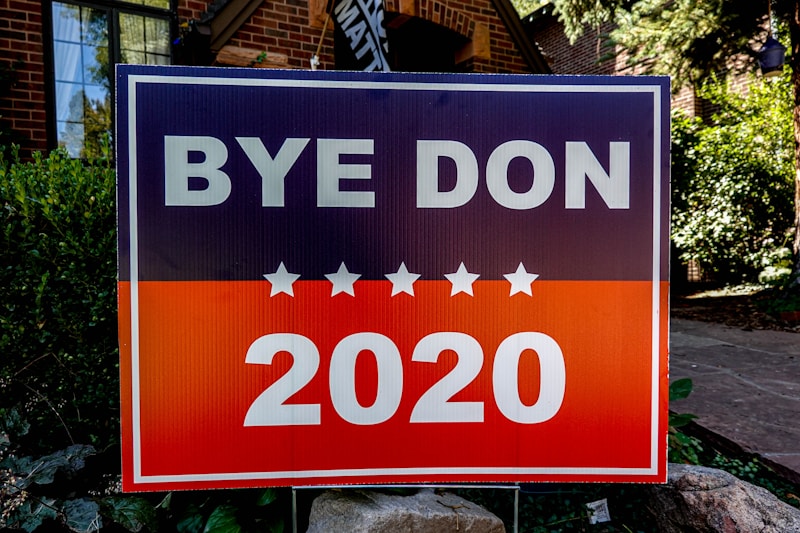10 Questions
What is the primary focus of political science?
Understanding the behavior and interactions of political entities
Which of the following is NOT a key topic in political science?
Market equilibrium
What do economists primarily analyze?
Allocation of resources
Which field focuses on the behavior and interactions of individuals and institutions in markets?
Economics
How does microeconomics differ from macroeconomics?
Microeconomics focuses on individual decision-making in markets, while macroeconomics deals with national economies and government roles.
Why are political science and economics considered interconnected disciplines?
They offer valuable insights into real-world issues and can inform each other's decisions.
What is a key trend shaping the field of political science and economics according to the text?
The rise of data-driven approaches to policy-making.
How do social scientists benefit from adopting interdisciplinary approaches?
Gain a deeper understanding of the factors driving social change and inform public policy.
What role do economic trends play in informing political decisions?
Economic trends provide important insights that can shape political decisions.
How are new political and economic systems challenging traditional assumptions according to the text?
By introducing concepts like digital currencies and decentralized governance models.
Study Notes
Social Science: A Deeper Look at Political Science and Economics
The captivating world of social science encompasses a multitude of disciplines, two of the most influential being political science and economics. By exploring the core concepts and aspects of these fields, we can better appreciate the complexity and interconnectedness of human behavior and the world we live in.
Political Science
Political science is the study of governments, political systems, and power. At its heart, it focuses on understanding the behavior and interactions of political entities, whether at the local, national, or global level.
Key topics include political institutions and organizations like legislatures, executive offices, and judiciaries, as well as political processes like electoral systems, policy-making, and conflict resolution. Political science also explores the dynamics of power and influence, including the behavior of political elites, interest groups, and public opinion.
Economics
Economics is the study of the production, distribution, and consumption of goods and services, as well as the behavior and interactions of individuals and institutions in markets.
Central to economics are the concepts of scarcity, choice, and trade-offs. Economists analyze the allocation of resources, the behavior of consumers and producers, and the role of government in promoting economic stability and growth.
Key topics include microeconomics, which deals with individual decision-making in markets, and macroeconomics, which focuses on the behavior of national economies and the role of government in managing economic growth and stability.
The Importance of Interdisciplinary Approaches
Political science and economics are often studied separately, but in reality, they are interconnected disciplines that can offer valuable insights into real-world issues. For instance, understanding economic trends can help inform political decisions, while political institutions can shape economic policies.
In recent years, social scientists have increasingly adopted interdisciplinary approaches to better understand the complex challenges facing our world. By studying the interactions between economic and political systems, researchers can gain a deeper understanding of the factors that drive social change and inform public policy.
Trends and Future Directions
As the world continues to evolve, so too do the fields of political science and economics. Advances in technology, globalization, and environmental challenges are shaping the agendas of researchers and policy-makers alike.
Trends include:
- The rise of data-driven approaches to policy-making, which are transforming the way governments and organizations analyze and respond to complex social challenges.
- The growing importance of sustainability and environmental issues, which are driving new research and policy agendas in both fields.
- The emergence of new political and economic systems, such as digital currencies and decentralized governance models, which are challenging traditional assumptions about the role of government and markets.
The future of these fields is bright, with new opportunities for research and collaboration emerging all the time. By staying engaged with the latest trends and developments, social scientists can continue to make valuable contributions to our understanding of the world, and to inform policy-making in the years to come.
Dive into the fascinating realms of political science and economics within the broader field of social science. Understand the core concepts, key topics, and interdisciplinary approaches that shed light on human behavior, governmental systems, and economic interactions.
Make Your Own Quizzes and Flashcards
Convert your notes into interactive study material.



